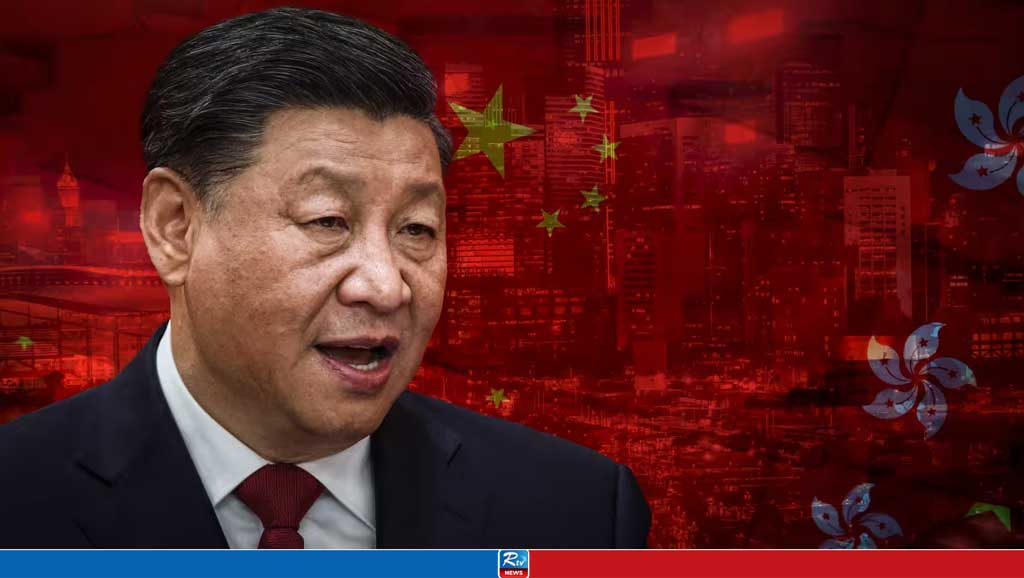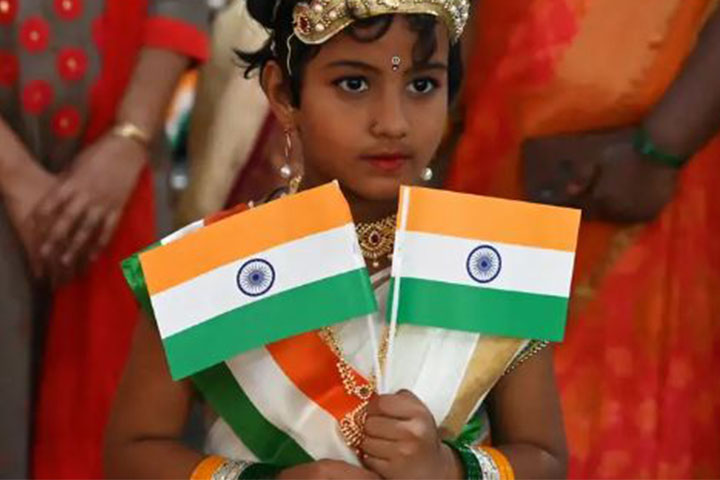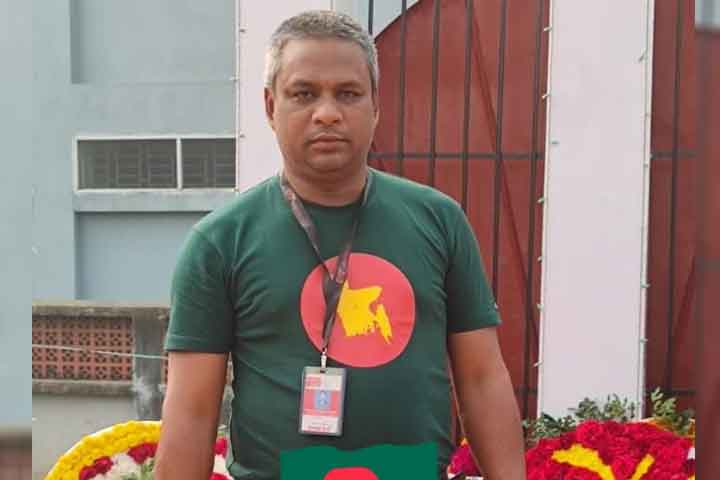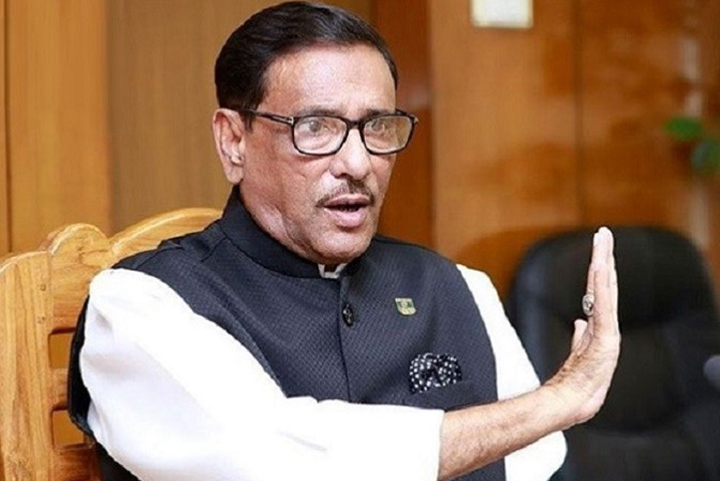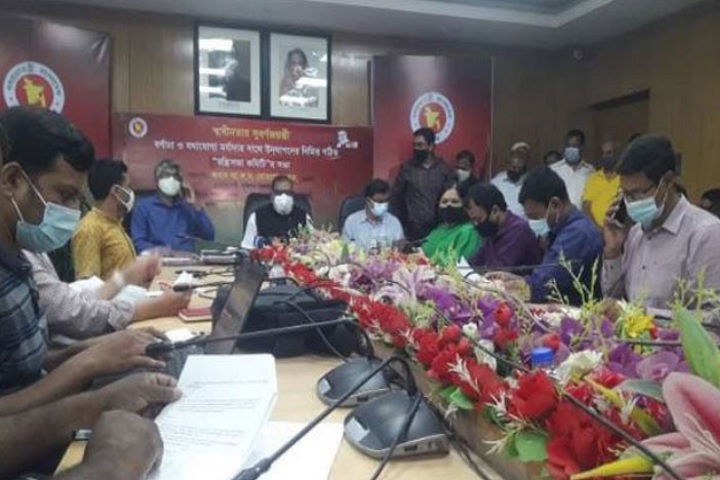A Pro-China Campaign Against the Prague Inter-Governmental Religious Freedom Conference—and Bitter Winter
Anti-cultist Steven Hassan and fellow travelers of the Chinese Communist Party, joined forces against the International Religious Freedom or Belief Alliance summit—and our magazine.
From November 28 to 30, Prague hosted the International Religious Freedom or Belief Alliance (IRFBA) conference, which followed similar inter-ministerial meetings in Washington DC and London. It was hailed throughout the democratic world as one of the largest and most successful gathering of governments to promote freedom of religion or belief and denounce its violations.
As reported on the website of the U.S. Department of State, IRFBA gathers 37 countries, with others in process of joining and five participating as “friends.” The United Nations attends IRFBA meetings as an “observer” through the U.N. Special Rapporteur on Freedom of Religion or Belief (FoRB). Not surprisingly, China was mentioned in the Prague meeting as the first country in the sad list of those violating religious liberty
Contrasting with the international acclaim for such a massive effort to promote religious liberty, a tiny group of pro-China activists met in Brussels on November 22 to denounce the IRFBA conference even before it started. They organized a hybrid seminar called “Misuse Freedom of Religion—SECTS—Twisted Belief—Destructive Cults—Pseudo FORB” (capitals in the original).
The seminar was presented on Facebook as featuring presentations “by Steven Hassan, Sven Aerts & Roland Delcour [sic].” Readers of “Bitter Winter” probably have heard of two of these three characters. Steven Hassan, a former American deprogrammer, is one of the most fanatical international anti-cultists. Roland Delcourt is a Belgian journalist who also spells his own last name Delcour, Delacore, and Delacourt, perhaps because he machine-translates articles written by his Chinese handlers without even re-reading them. Delcourt is married to a Chinese and has lived in Shenzhen for “at least 20 years.” He gives interviews and writes propaganda letters in favor of the CCP that are published in the Chinese regime’s official organs, including the People’s Daily and the news agency Xinhua.
Delcourt is also a “cyberwarrior” and posts on social media to defend the CCP, with a language that parrots, but goes beyond, the “wolf warrior” Chinese diplomats. For instance, he likes to play on the phonetic similarity between “Biden” and the French word “bidon” (phony), and calls the U.S. President, when he criticizes China, “a false democrat,” “the Yankee Gauleiter” (suggesting a comparison with Nazi war criminals), and “the cholera (as Trump was the plague).” Delcourt was also involved in an unfortunate story about producing a false document against Chinese asylum seekers in Europe.
Delcourt protesting on Facebook Biden’s visit to Belgium and a Belgian Parliament’s vote condemning China’s genocide of the Uyghurs: “We know that the visit of the Yankee Gauleiter, a false democrat, is to unite the vassals of the United States in a fight against China.”
The third promoter of the hybrid seminar, Sven Aerts, appears to be active in various capacities in Brussels, inter alia as representative of the European Spas Association, no doubt a worthy and useful organization. The problem is that Aerts is also chairman of something called FAE-FAE, the Federation of Asian Communities in Europe. If one looks at its Facebook page, it would seem that one of the activities of FAE-FAE is promoting overweight escorts, but we all know that social media pages can be hacked. However, we have been watching the FAE-FAE Facebook profile for a while and would respectfully recommend to Aerts some housekeeping. It gives a strange impression to see the fat escorts’ promotion messages alternating with defenses of China and other Asian governments and attacks against “cults” and FoRB-promoting organization, including “Bitter Winter.”
Be it as it may be, we learn from the press release of the November 22 event that it was opened by Aerts, who attacked the Prague intergovernmental IRFBA meeting on these terms: “These pseudo FORB Summits are known to experts. They are clever propaganda manipulations, utilizing paper tigers, funnels, logical fallacies, making you look in one direction to get something at an entirely other side and hiding in plain sight. A very easy way to see if one has to deal with them is to observe their reaction when one intends to send some independent journalists who are not on the pre-approved list or real experts such as Dr. Steven HASSAN.” We understand that Hassan’s name deserves to be written in full capital, and he also spoke at the Brussels anti-IRFBA event via the Internet. Perhaps it was an opportunity to promote Aerts too from an expert on spas to an expert on religious liberty and “cults.”
It is unclear whether the following statement in the press release summarizes Hassan’s remarks or is a conclusion by the organizers, but it shows a curious idea of religious liberty: “The United States in opposition to many European member countries has a total absence of agency regulating beliefs and undoubtedly set a bad example for the world as it has for long allowed the development and growth of cults and various emerging new religious groups.” An “agency regulating beliefs” of course only exists in totalitarian countries or in Orwell’s novels, although the French MIVILUDES tries its best to approach the Orwellian model.
Hassan was certainly not ashamed of joining forces with the pro-China crowd, as he posted on Facebook about the event: “I am looking forward to having the opportunity of sharing my life work with those in Europe looking to better understand how destructive cults are using ‘religious freedom’ to deny people religious freedom.” His fellows travelers, however, were not there to “understand destructive cults” but to protect Chinese interests and badmouth in advance a high-level international meeting expected to condemn China.
Steven Hassan’s Facebook post on the Brussels event. He even received one like.
Delcourt also spoke, and a certain “Mr. Lacroix, a Belgian independent writer,” confirmed that “we do not advocate to vigorously promoting the so-called freedom of religious belief”—not that anybody had ever accused them of such advocacy—and rather called for more “political control” of religion.
The event left to us at “Bitter Winter” a certain expression of déja vu. Aerts, Delcourt, and Lacroix also spoke at the Brussels event launching the bizarre pro-Chinese “documentary movie” against “Bitter Winter.” From recent propaganda of the movie on Chinese media, we learn that at the event “Aerts introduced Steven Hassan,” but it is unclear whether he attended via video or his theories were just summarized.
We exposed a few days ago the ridiculous lies of the so-called documentary. I would just add here three lighter notes. The first is that one of the speakers at the launching of the anti-Bitter-Winter movie was Anne-Catherine Girard, from Reconquête-Benelux, a branch of the French extreme right and Islamophobic party Reconquête. She was an interesting speaker at an event accusing (falsely) “Bitter Winter” of promoting right-wing policies.
A proposal by Reconquête-Benelux: “Abolish welfare benefits (family allowances, housing subsidies, RSA, etc.) and free healthcare (AME, etc.) for foreigners.” From X. These are the people accusing “Bitter Winter” of supporting “right-wing policies”—really?
Second, whoever wrote the press release of the anti-Bitter-Winter event included the statement that “The Church of Almighty God is a ‘Cult’ that for most first appeared in the media due to its tentacular influence in the Japanese government and its direct link with the assassination of the late Japanese Prime Minister Shizo [sic] Abe.” It seems that the “world leading experts on cults” who organized the event confused The Church of Almighty God, a Chinese movement that has nothing to do with Japanese politics, with the Unification Church/Family Federation. The latter’s “link” with the killing of Shinzo Abe was that the killer hated the Unification Church and wanted to punish Abe for being sympathetic to it.
Third, somebody brought to my attention that an occasionally funny but not particularly bright anti-cultist who sits in the board of the notorious anti-cult organization FECRIS some time ago wrote that “doubts about the reliability of ‘Bitter Winter’ have also been expressed by sources completely unconnected with the Chinese government, which may have an advantage in discrediting the magazine. For example… the FAE-FAE Federation of Asian Communities in Europe, which produced a video on the subject.” The FAE-FAE “completely unconnected with the Chinese government”? Funny, in fact—but not bright.
10 Jan 2024,22:45
















 Live Tv
Live Tv
